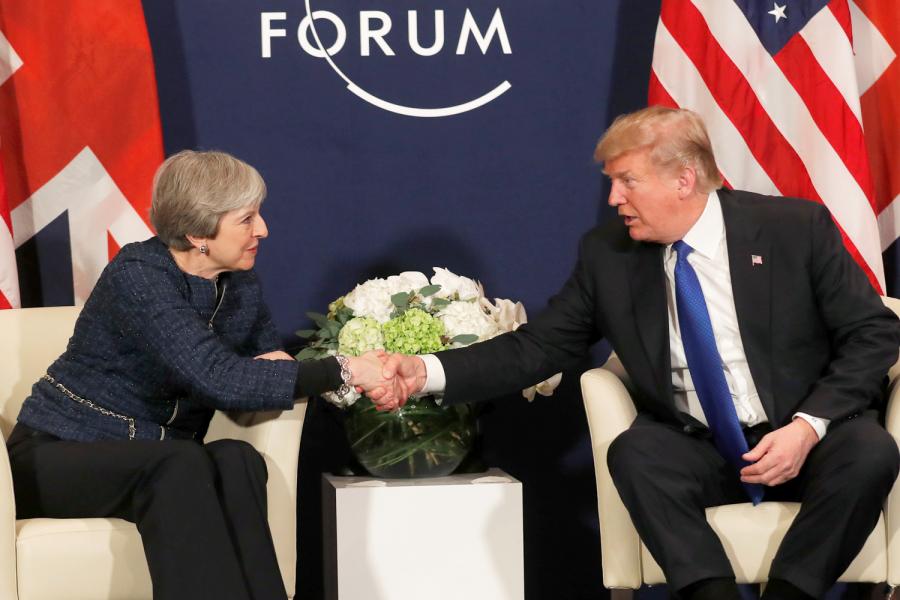
This year there will be the usual bankers, financiers, economic commentators, B list celebrities, 70 heads of state including the President of the United States, and 340 other government ministers including Prime Minister May, from around the world.
Jeremy Warner in his pre-conference observations in the Sunday Telegraph, believes that this year attendees will be more positive than last, and have a spring in their step.
He also considers that Donald Trump could be a breath of fresh air as he comes to explain his America First policies. Let us hope Mrs May takes a similar stance as she explains why it is vital to put the UK First as we progress steadily towards Brexit.
Those attending this event, the world’s principle networking conference, have an opportunity to make contact with more suppliers and clients than they could achieve by months of international travel.
From my experience of Davos, the best and most useful meetings are those which take place not in large conference halls and receptions, but in small intimate groups tucked away in cosy restaurants late into the night.
Many Anglo Swiss relationships have flourished and grown into deep friendships in Davos’s cosy corners over the years. I am sure Prime Minister May and President Trump could well find the heady mountain air conducive to rekindling their special relationship, in a corner of the world famous Stubli at the Fluella Hotel.
Hopefully Mrs May will consider it appropriate to apologise for the remarkably rude and unhelpful utterings of the Sadik Khan the Mayor of London, and others. If you having nothing positive to say about someone, it is often better to say nothing than offer ill-judged and crass opinions.
EDF has a new chief executive officer. Simone Rossi who has replaced Vincent De Rivaz, is Italian. He will now lead the UK business of the French company, and his number one project is Hinkley Point C. He is quietly confident that the two EPR reactors will generate enough low-carbon electricity to power 16m homes every year by 2025.
Mr Rossi believes that nuclear power costs will drop, and in time compete favourably with wind power on a level playing field. EDF estimate that the hidden cost of supporting wind power can add £15 to £20 per MWr, through the extra payments needed to back up wind farms when the wind drops, or paying developers to shut down their turbines when there is more wind power than the country needs.
The CEO is clear that nuclear energy needs to be priced competitively at future prices, and aims for even bigger savings which he considers to be possible and necessary.
Today the 435 acre construction site at Sizewell is ‘littered with yellow diggers’ which have already excavated four million tonnes of earth? And there are three concrete batching plants producing more than 90,000 cubic metres of concrete. By the end of the year Jillian Ambrose who interviewed Mr Rossi for the Sunday Telegraph, reports that 50 cranes will loom over the 3,000 workers who are on site every day, clocking up one millions working hours every month.
Some of us were of the opinion that the construction of Hinkley’s nuclear plant had ground to a halt. Perhaps now that Mr Rossi has arrived on the scene, we can expect more regular reports, and hear the positive updates about this clean and reliable source of power.
However, there are still those who remain convinced that smaller less expensive plants and more of them, is the way forward. It will be interesting to hear in due course if Mr Rossi takes a similar view for future sites.

 RSS Feed
RSS Feed